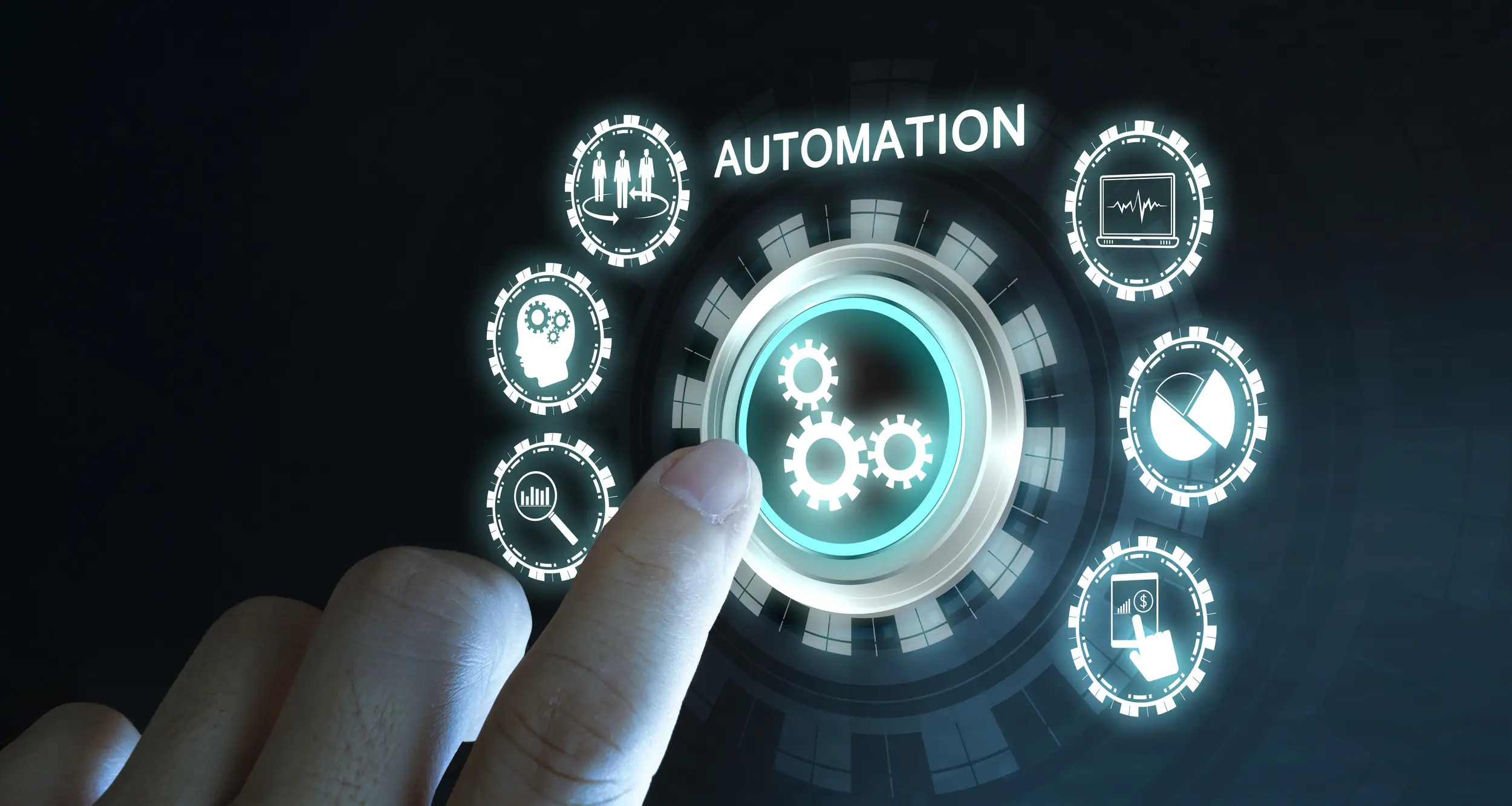Automation is the use of technology to perform tasks that were traditionally done by humans. It involves replacing manual labor with machines and software that can complete tasks more efficiently, accurately, and often at a lower cost. Automation has been a driving force behind technological advancements and has transformed various industries.
Types of Automation
- Industrial Automation: The use of robots, machines, and software to automate manufacturing processes.
- Process Automation: The automation of repetitive tasks and workflows within organizations.
- Software Automation: The use of software tools to automate tasks such as testing, deployment, and maintenance.
- Home Automation: The use of technology to control and automate various systems in homes, such as lighting, temperature, and security.
Benefits of Automation
- Increased Efficiency: Automation can significantly improve efficiency by reducing the time and effort required to complete tasks.
- Improved Accuracy: Machines can perform tasks with greater accuracy than humans, reducing errors and improving quality.
- Cost Reduction: Automation can help reduce costs by eliminating manual labor and streamlining processes.
- Improved Safety: Automation can reduce the risk of accidents and injuries by eliminating dangerous tasks.
- 24/7 Operation: Automated systems can operate continuously, without the need for breaks or rest.
Challenges of Automation
- Job Displacement: Automation can lead to job losses as machines replace human workers.
- Technical Issues: Automation systems can be complex and require specialized skills to maintain and troubleshoot.
- Initial Investment: Implementing automation can require a significant upfront investment.
The Future of Automation
Automation is a rapidly growing field, with new technologies and applications emerging all the time. As automation continues to advance, we can expect to see even more widespread adoption across various industries. However, it is important to consider the ethical and social implications of automation, such as the potential for job displacement and the need for retraining workers.
Would you like to learn more about a specific type of automation or its applications?
